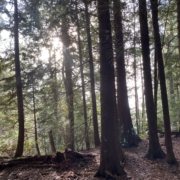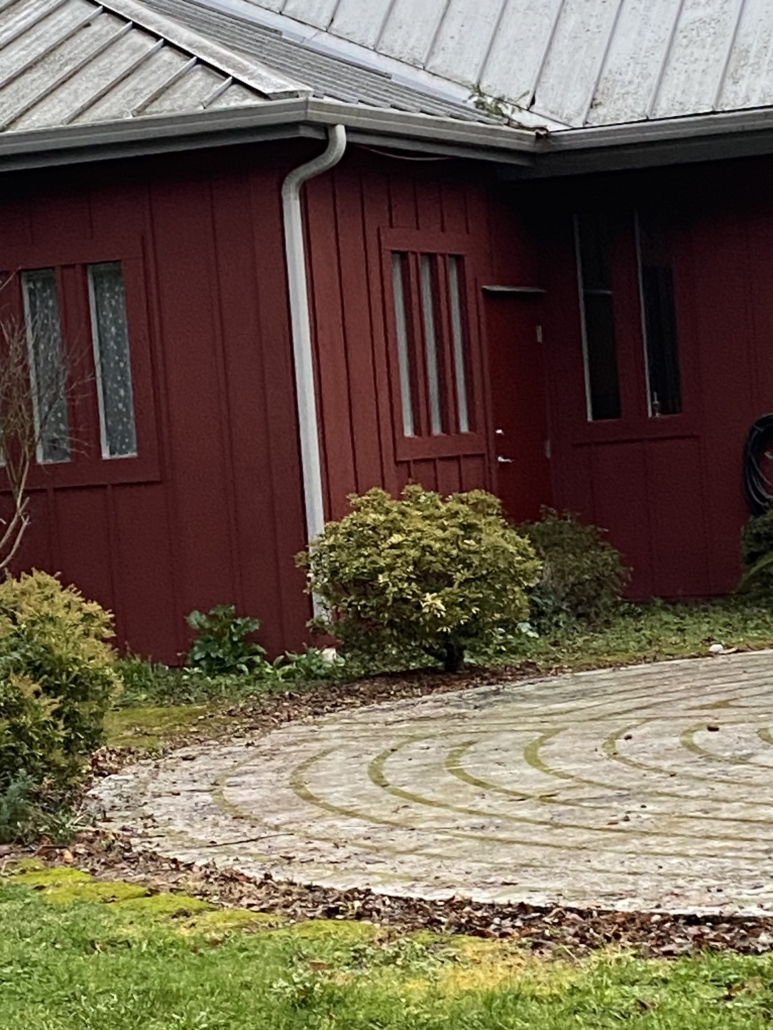Dusk-Voiced, poems by Jayne Marek
I learned this week of the death, January 9, of my friend the literary scholar and poet Jayne Marek. My friend and my comrade poet. You can read her inspiring obituary here. My review of her new book, Dusk-Voiced (Tebot Bach, 2024), is waiting to be posted at Escape into Life (apparently there is a problem with distribution of Tebot Bach’s books). You can hear Jayne talk about and read from Dusk-Voiced at the Meter-Cute substack.

Jayne and I met at a writer’s conference. Because she lived in Port Townsend and I live in Edmonds, we did not often see each other. Neither of us were crazy about long phone calls. We did not become the sort of friends who hang out on Zooms together, or share poems vis email, though we did share publication in Triple No. 10 from Ravenna Press.
Every November, for the last 7 or so years, both Jayne and I were invited to the Glen Cove Writers’ Retreat on Hood Canal, and every year (with the exception of 2020), we went. At Glen Cove we took long walks together and bird-watched. Jayne was an avid naturalist, and she took amazing photographs of mushrooms and bugs. Evenings, we drank wine and read each other poems.
Recently, when we were asked to share a poem with our Glen Cove hosts, this is the poem that Jayne offered.
Friday Morning
I slice cucumbers and tomatoes in sunlight
that swaths the kitchen counter with heat.
I think of my friends who have passed
who also chopped vegetables for their families,
friends and visitors, themselves. All of us
feeling solitary (though their spirits are at my shoulder),
our hands warmed, our minds intent on the task
and its goodwill of sharing and feeding.Out the window, ducks swim and dive.
They surface with fragments of eelgrass
in their bills, ruffle their wings
to throw off water—their medium,
their home, but only one of their worlds.
I suppose they see my shape on the other side
of this glass, moving, my human actions
mysterious but understandable: these things I do,
they do theirs, our spheres visible to one another.There seems no way to cross over, to explain to the ducks
how I prepare food, to ask how birds learn to forage.
Sunlight probes the water a few inches deep,
shines through the windowpane and in the woods,
farther than any of us can see. I think of friends’ names
and what they liked to cook—more, how they would think,
surely, as I do now, of time and eternity, the divider
of death, the ways water and sunshine touch,
whether any of us may learn to understand.—Jayne Marek (1954-2025)
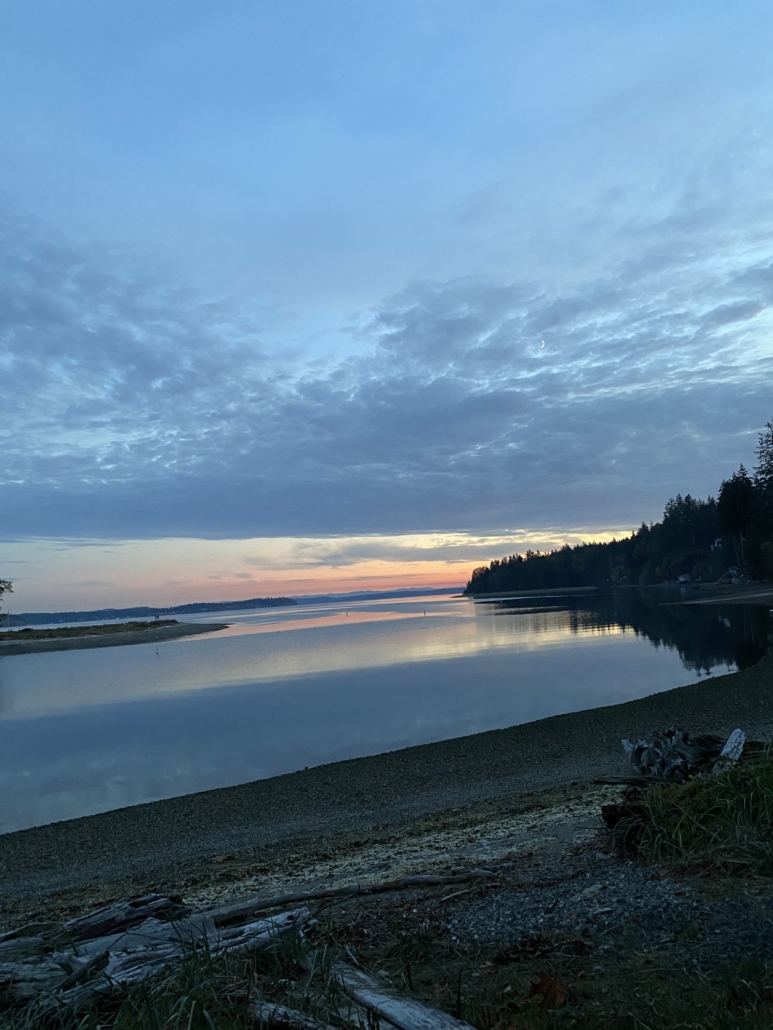
Glen Cove, Nov. 2024


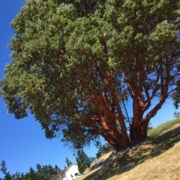
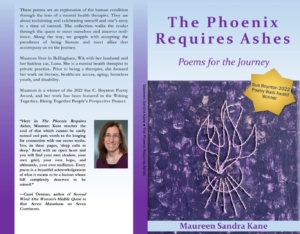
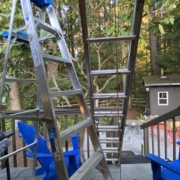

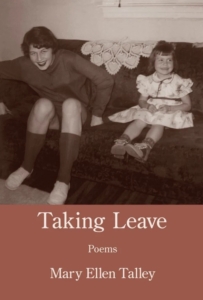 The book is a how-to on marrying forms (palindrome, villanelle, golden shovel), playing with white space, dancing between poetry and diary-like entries. To quote Susan Rich from the back cover, Taking Leave is about “sisterhood, birds, and the cosmos.”
The book is a how-to on marrying forms (palindrome, villanelle, golden shovel), playing with white space, dancing between poetry and diary-like entries. To quote Susan Rich from the back cover, Taking Leave is about “sisterhood, birds, and the cosmos.”